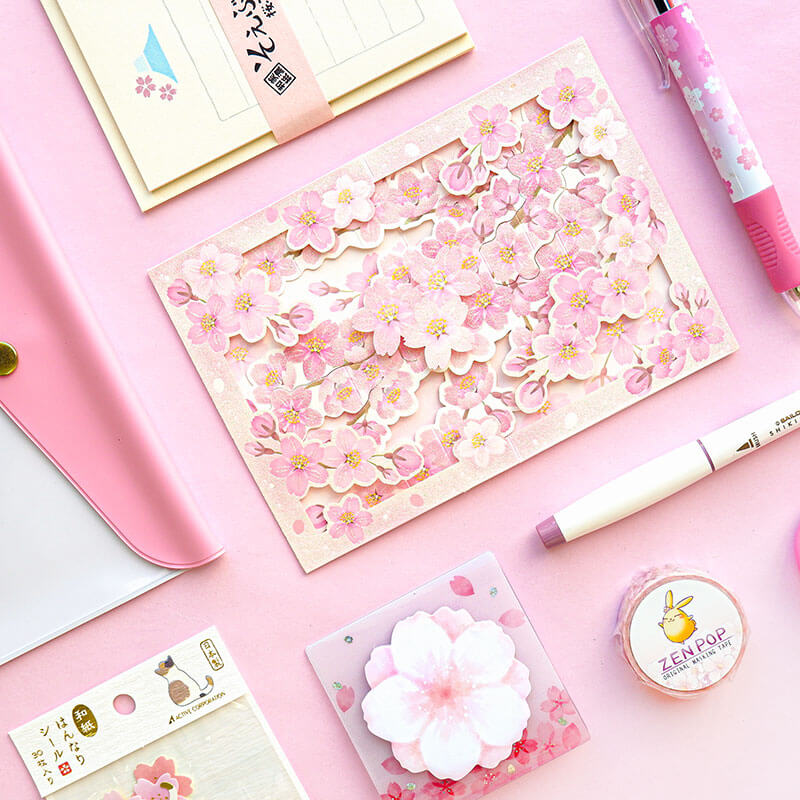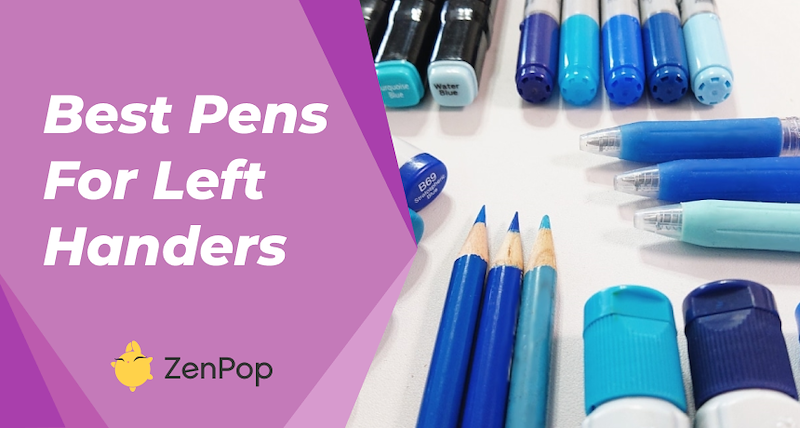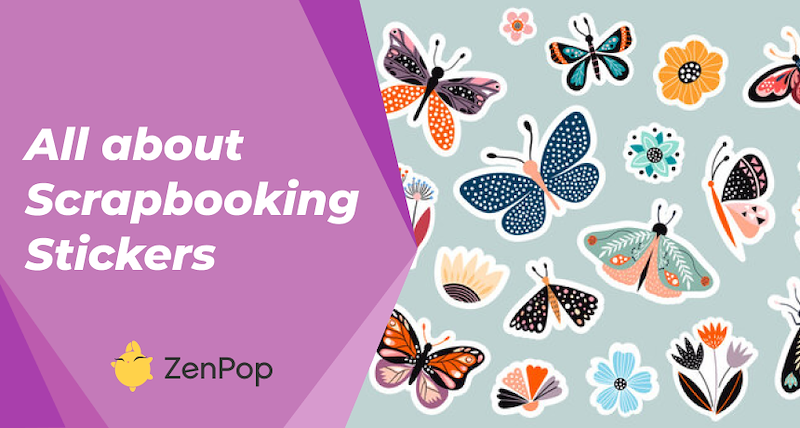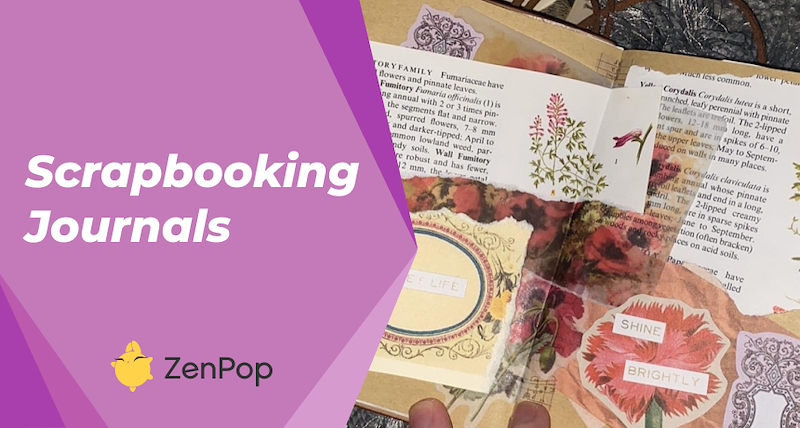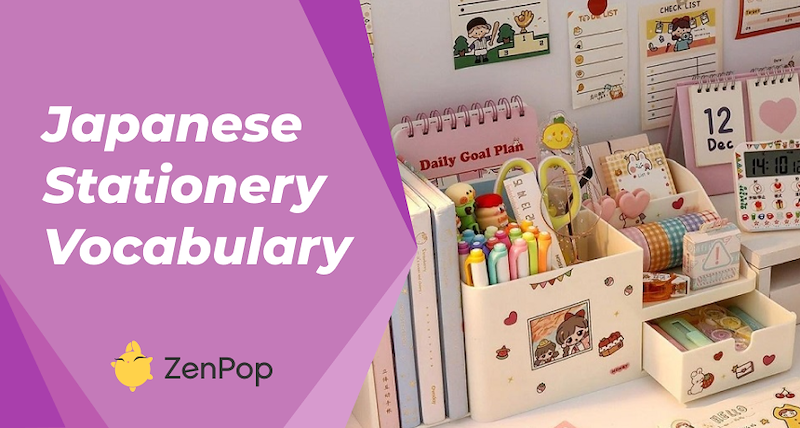
Learn Basic Japanese Stationery Vocabulary in Japanese
Have you ever found yourself looking for Japanese stationery and being overwhelmed by all of the different products and words describing them? We’re here to help make your stationery shopping experience just the slightest bit easier, by introducing you to some common phrases you might see attached to your Japanese stationery.
Whether you’re shopping online through the ZenMarket service or checking out what new goods you got in your latest ZenPop box, learning these words might help you understand a little bit more about the gifts you’ve received and how to use them!
List of Different Stationery Terms in Japanese
Firstly, it might be difficult to figure out what you’re looking for if you don’t know the exact translation, so here’s a quick rundown of translations for different stationery items from English to Japanese:
|
English |
Japanese (Romaji) |
Japanese (Hiragana/Katakana/Kanji) |
|
Pencil |
enpitsu |
えんぴつ |
|
Pen |
pen |
ペン |
|
Mechanical Pencil |
Sharp pen |
シャープペン |
|
Scissors |
hasami |
はさみ |
|
Stapler |
hochikisu |
ホチキス |
|
Eraser |
keshigomu |
消しゴム |
|
Paper |
kami |
かみ |
|
Notebook |
nooto |
ノート |
|
File Folder |
fairu / kurea fairu |
ファイル |
You can use these translations for common stationery just in case the item you’re looking at has no English text. It’s also helpful when you’re browsing through stationery stores in Japan, like Loft, Tokyu Hands, or itoya.
Now that you know some basic words, we’re going to discuss some of the other terms often used in Japanese stationery:
What is a Fude?
The word “Fude” means brush, and is usually used to describe brushes used for traditional calligraphy. While learning Japanese, you might be using “fude-pens” or “brush tip pens” for practising your kanji, though others use them for Western calligraphy and artwork as well. Some manga artists enjoy using brush pens while inking their work!
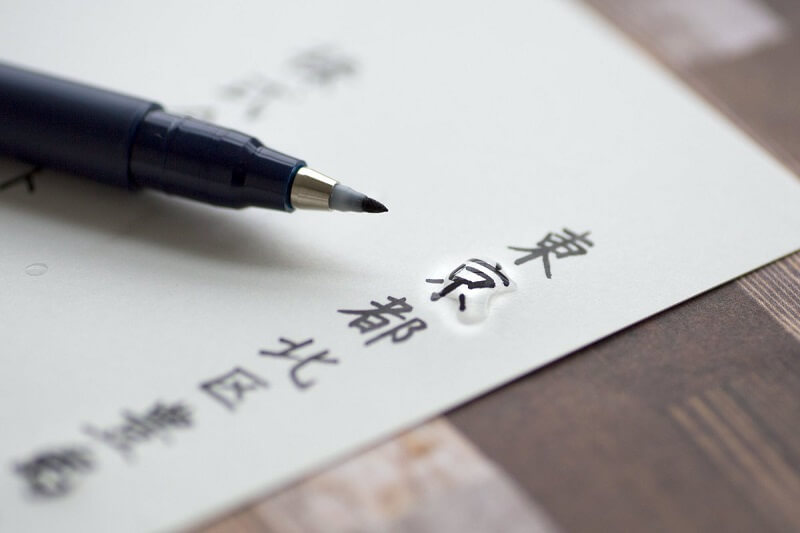
Pens marked “Fude” ふで(筆)usually come with different tip sensitivities too, from very flexible tips meant for experienced calligraphers, to studier ones meant for beginners or those studying kanji strokes. You can either get them with flexible nibs, or with true brush tips depending on your needs.
A cult favorite for calligraphers and artists is the Tombow Fudenosuke pen, which comes in both soft and hard types!
What is Washi?
When you hear the word “washi,” you might first think of Japanese washi tape. (We did an entire article on Japanese washi tape, which you can check out on our blog!). However, “washi” actually refers to traditional Japanese paper, which you might see in stationery shops for use with origami, lettering, or decorating for gifts.
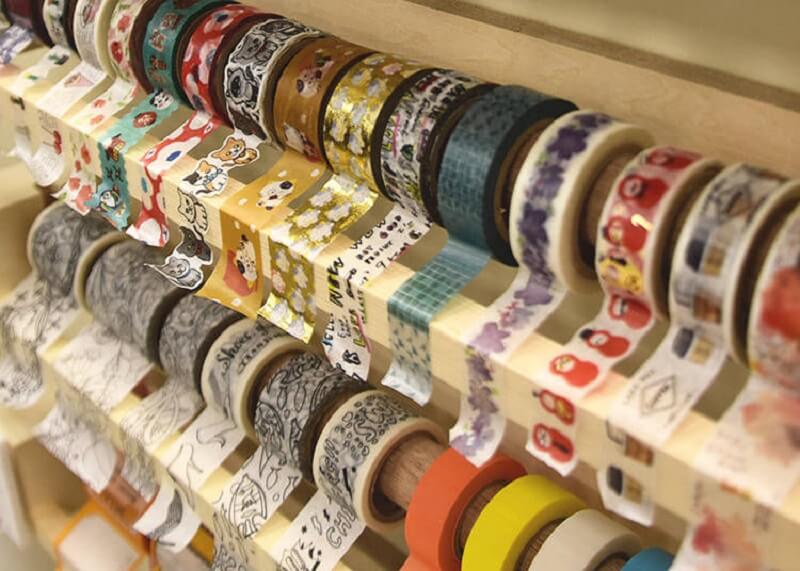
Before the use of Western-style paper in Japan, the Nagashizuki method of paper making used kozo (mulberry) and neri to make Washi. Kozo and Hemp fibers were used for textiles originally, but soon Washi became a favored product to create during the winter, when the water was ice-cold and free of impurities.
Washi paper is characterised by its flexibility as well as its strength, and is still commonly used today for religious purposes, as well as in traditional architecture. Have you ever seen a Japanese “Shoji” screen? You might be surprised as this too uses Washi!
So when you see “washi” as part of your stationery shopping, like washi tape or just plain washi paper, try to explore all the creative ways you can use it for journaling or art.
What are Sarasara and Shikkari?
We’ve talked about the Kokuyo Campus Loose Leaf papers before, which are popular choices for students since they cater to different writing and note-taking styles. However, you might come across the words “shikkari” and “sarasara” elsewhere than this product.
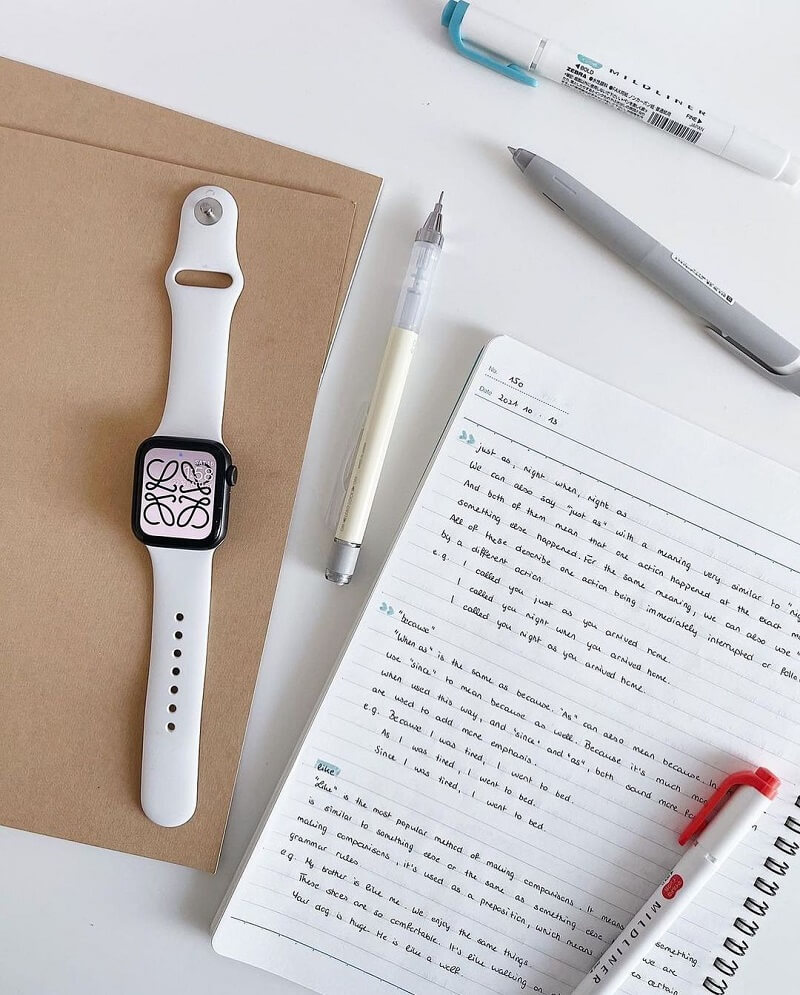
Sarasara is a word that means “smooth,” you can see it often used to describe the texture of things like paper, or the viscosity of ink flow. You can expect anything labelled “sarasara” to either be extremely smooth to the touch or to provide a smooth writing experience.
Shikkari, on the other hand, refers to “strength” or “firmness,” which you can again see used to describe the texture or durability of things. In paper this is used to describe grippier, tougher paper (sometimes with multiple layers) for those who write a bit harder or with more pressure on the paper.
What is a Shitajiki?
This is an uncommon type of stationery in the West, but in Japan some people opt to use shitajiki, or pencil boards, in their everyday life.
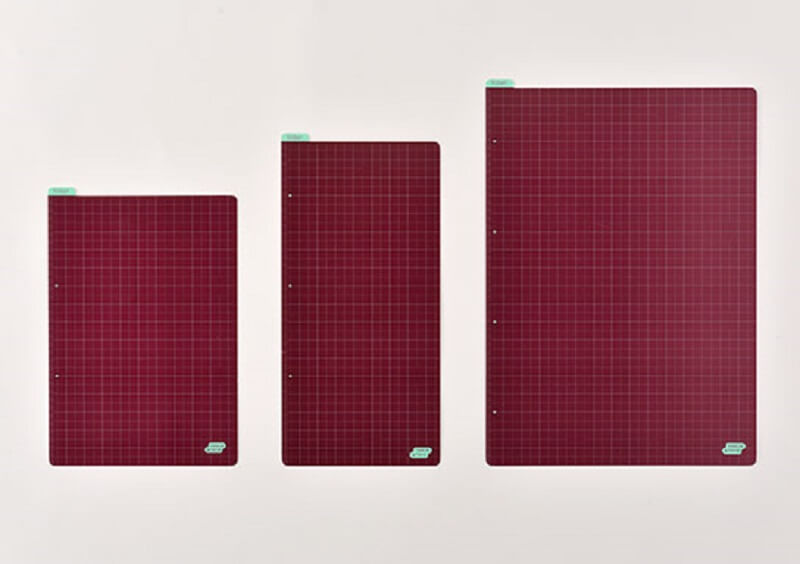
A pencil board is a hard piece of plastic or cardboard that sits behind the piece of paper that you’re currently using. It’s a godsend for those who use hard pen pressure, as this makes sure that you’re not marking the next page underneath when you’re trying to write. It also reduces ink bleed if your pen tends to bleed onto the next page, and can provide a smooth surface if you need it for signing documents or writing out important information.
What are Techou and Nikki?
What’s the difference between a “nikki,” or diary, and a “techou,” or planner? A diary usually refers to journaling, for example, chronicling your day in a notebook that may be dated or undated; whereas a planner (to most) refers to a style of note-taking and organization that involves calendaring or task listing events. These, of course, are not definitions that are set in stone, but might come in helpful when you end up choosing your next notebook.
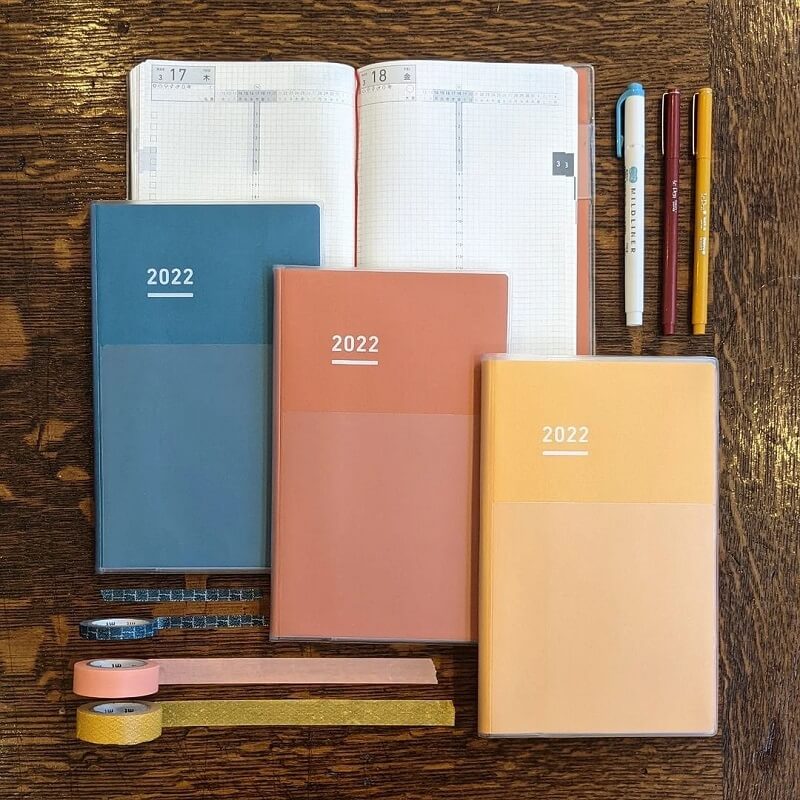
You might come across these words in planners like the Hobonichi Techo and Kokuyo Jibun Techo, or in supplies designed for journaling labelled “nikki” to designate them as decorations for diary entries.
What’s your favorite type of Japanese stationery? We hope you find these terms useful whenever you next go shopping or if you decide to take a look at ZenPop’s stationery pack, which features various items from stickers, washi tape, post-its, and pens to level up your note-taking, planning, or bullet journal game.
